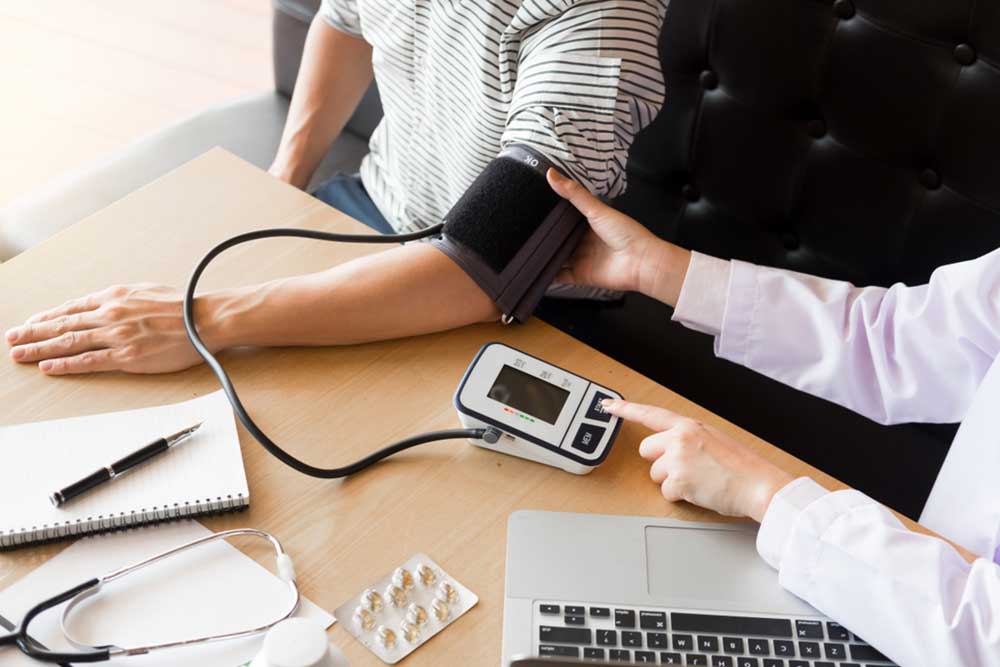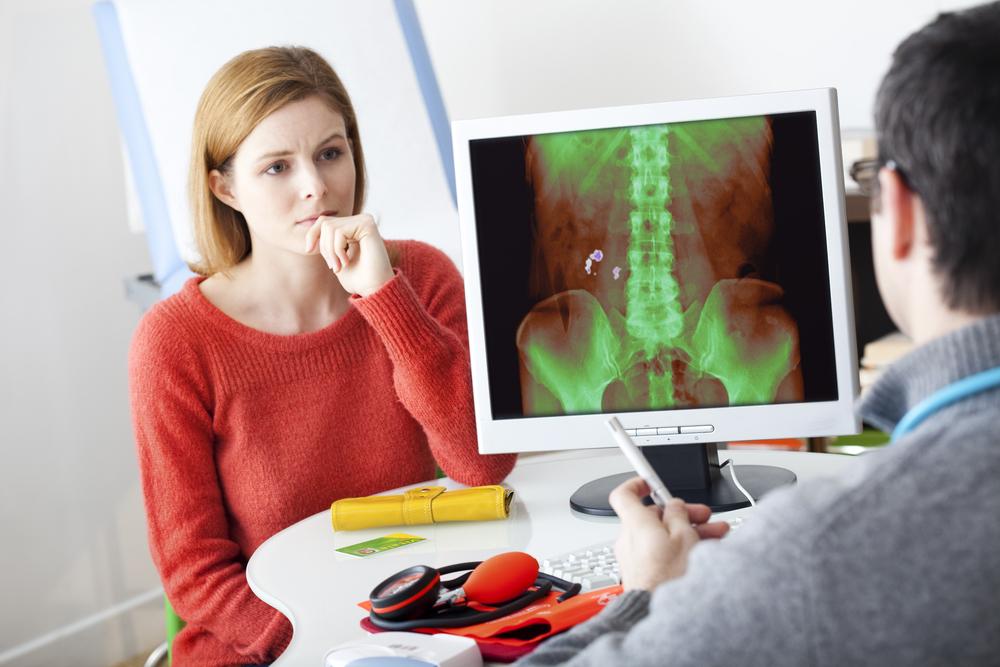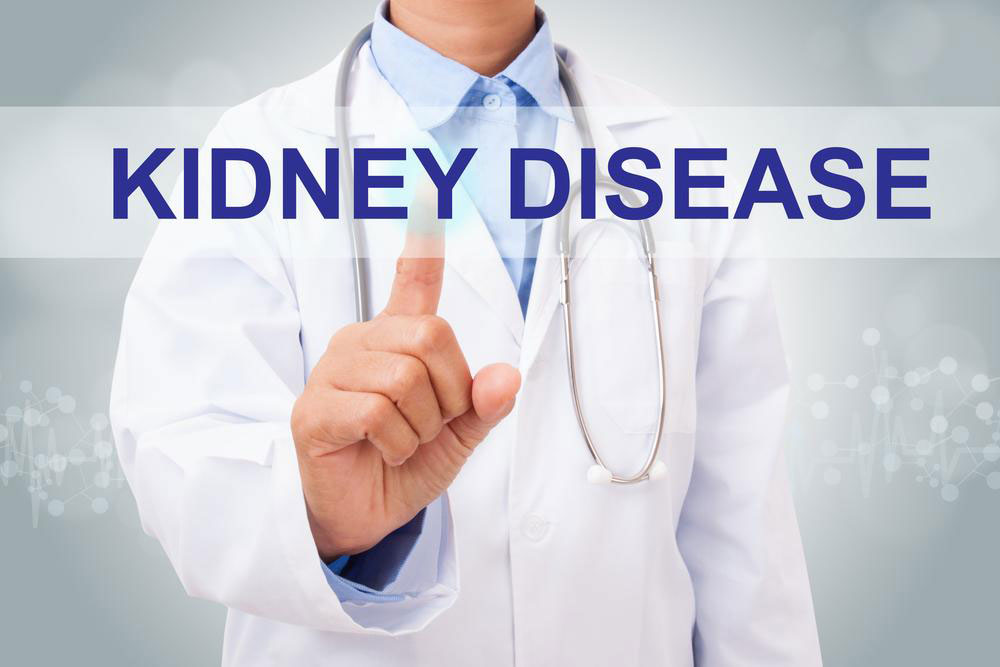Understanding Kidney Cysts: Causes and Treatment Options
This article explores the causes, symptoms, and treatment options for kidney cysts. It emphasizes the importance of medical diagnosis and differentiates between simple cysts and polycystic kidney disease. Readers learn about non-invasive treatments like sclerotherapy and surgical options for larger cysts. Regular checkups are vital for early detection and management, ensuring kidney health and preventing complications.

Understanding Kidney Cysts: Causes and Treatment Options
Kidney cysts are fluid-filled sacs that form in the bean-shaped organs responsible for filtering waste from the blood. These round pockets can develop on one or both kidneys and are mostly harmless, often without symptoms. However, larger or infected cysts may lead to discomfort. Routine medical checkups help monitor these cysts and prevent complications.
There are two main types:
Simple cysts - These contain clear fluid and typically cause no issues.
Polycystic kidney disease - A hereditary condition that progressively damages the kidneys and can result in failure.
Common Symptoms - While simple cysts often cause no symptoms, enlargement or infection can lead to:
Fever
Upper abdomen pain or swelling
Frequent urination
Back or flank pain
Dark or blood-stained urine
Causes - Kidney tubules can become swollen or blocked, resulting in fluid accumulation and cyst formation. Age increases risk, and inherited genetic mutations are common in polycystic disease.
For diagnosis, consulting a urologist is essential. Blood and urine tests evaluate kidney function, and imaging tests like CT scans, MRI, or ultrasound provide detailed images. Small cysts often need no treatment, but larger ones may require:
Sclerotherapy - Fluid is drained using a needle to collapse the cyst.
Surgical removal - Large cysts are excised via laparoscopy under anesthesia.
It's crucial not to confuse kidney cysts with kidney stones, as treatments differ significantly. Always seek professional medical advice if symptoms arise.
Understanding the causes and treatment options for kidney cysts allows timely intervention. Always consult a healthcare provider to determine the best approach for your condition.









